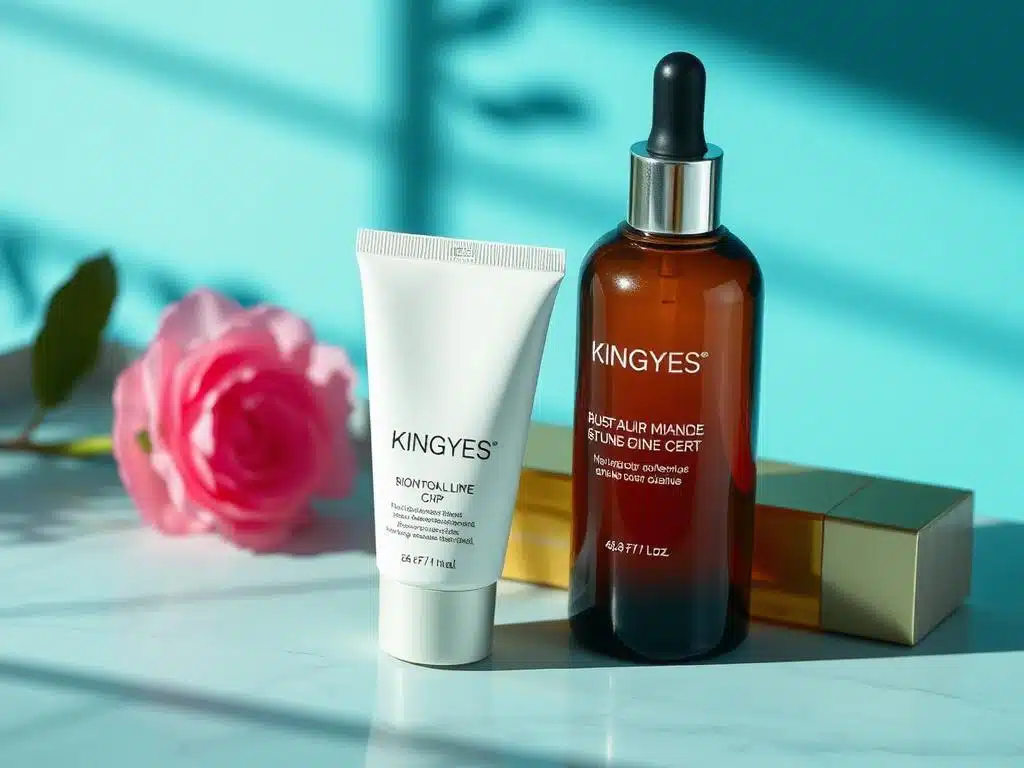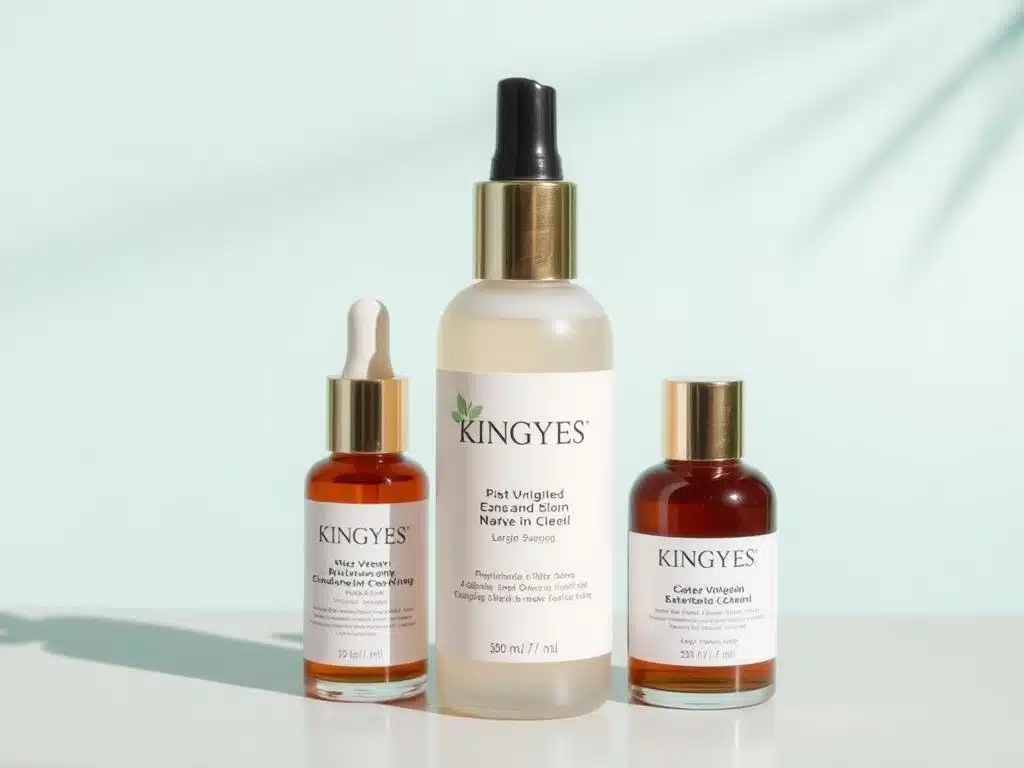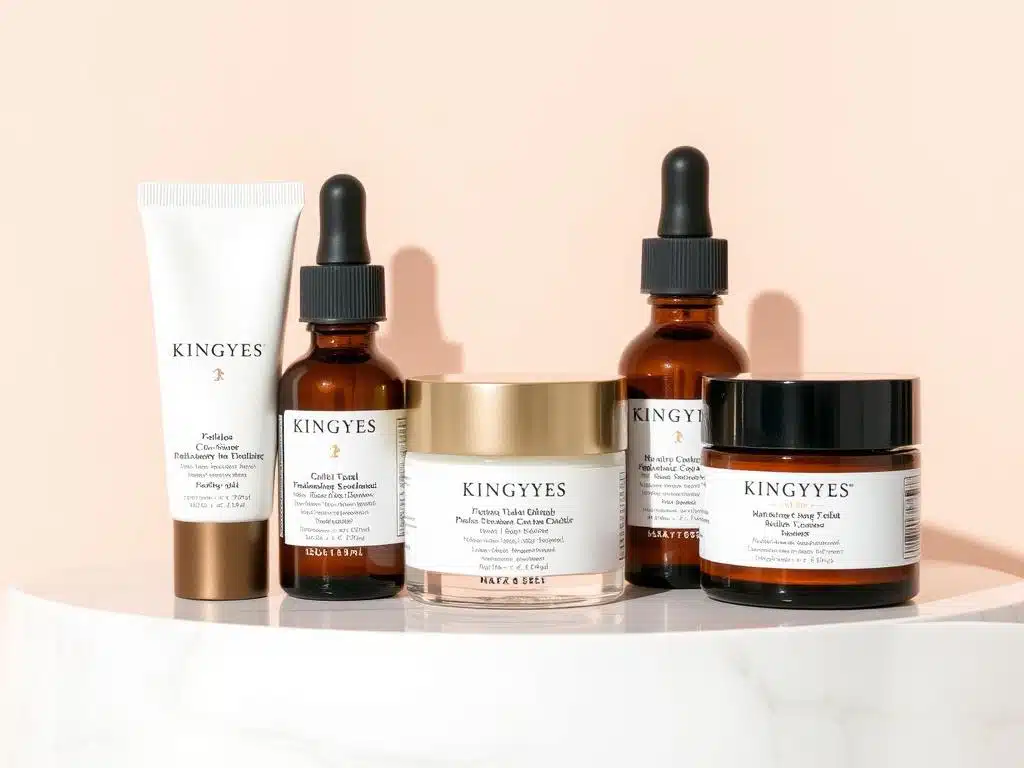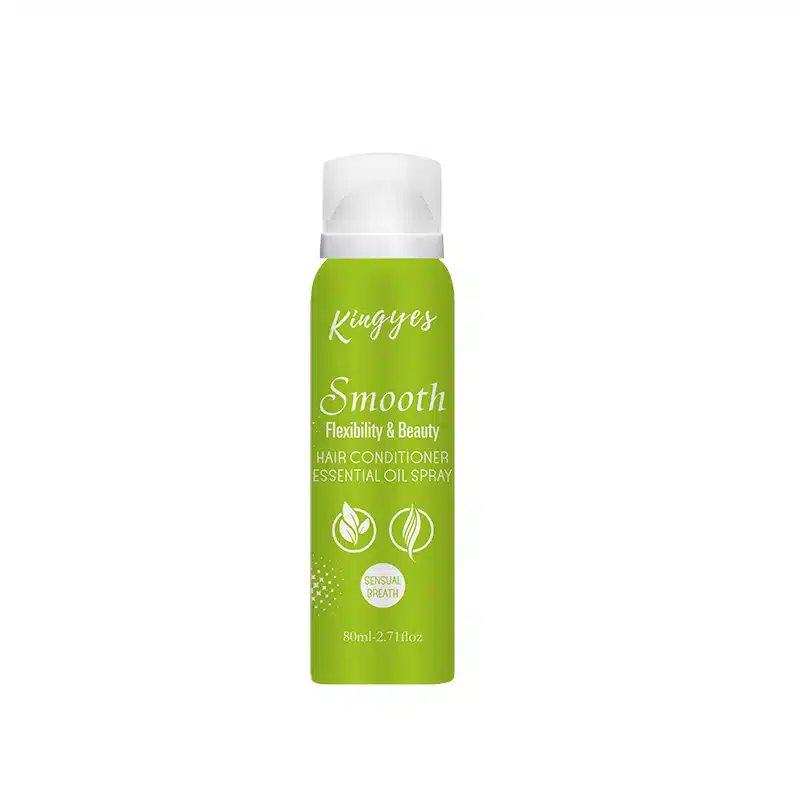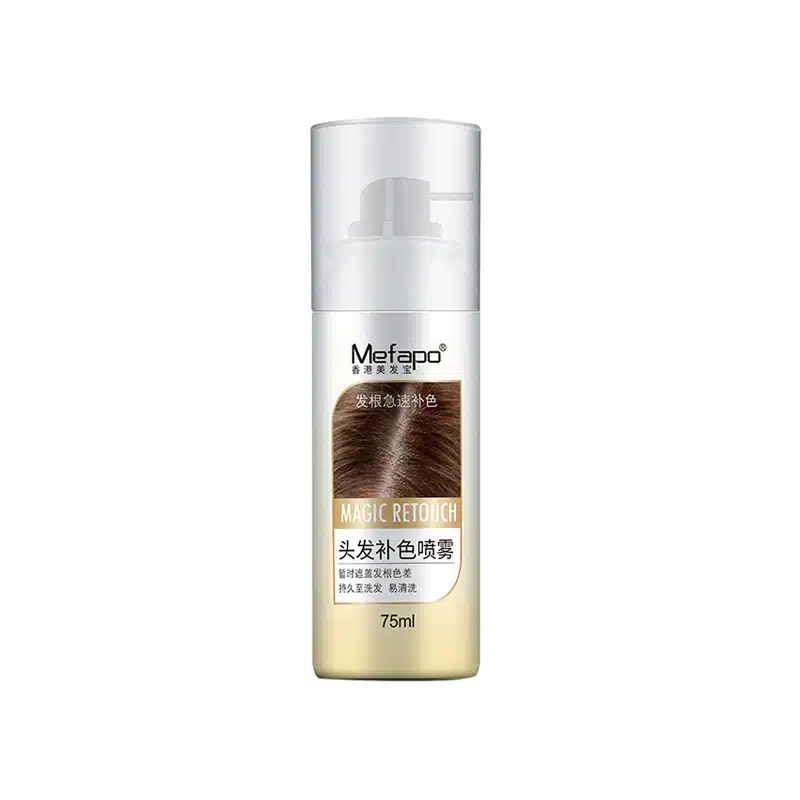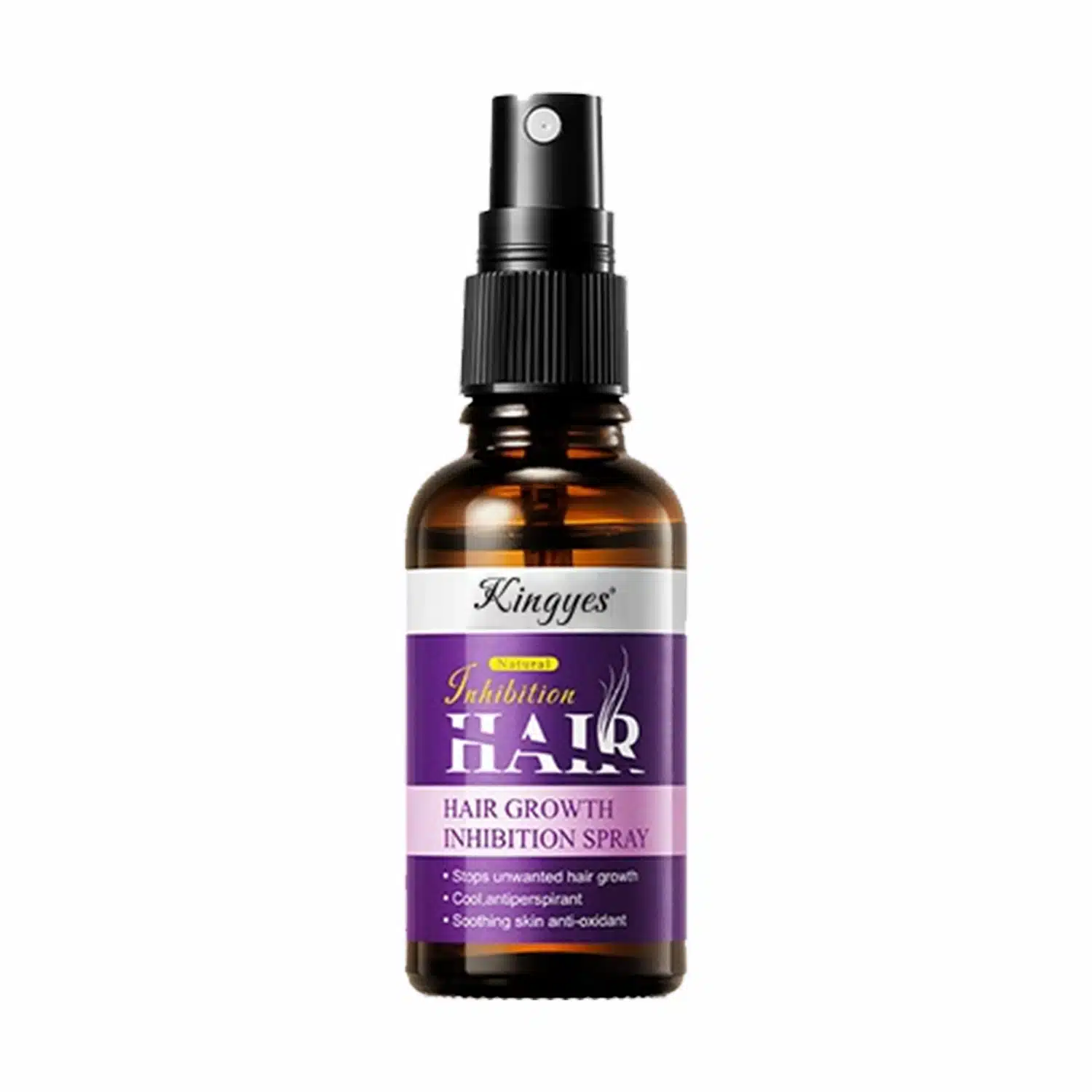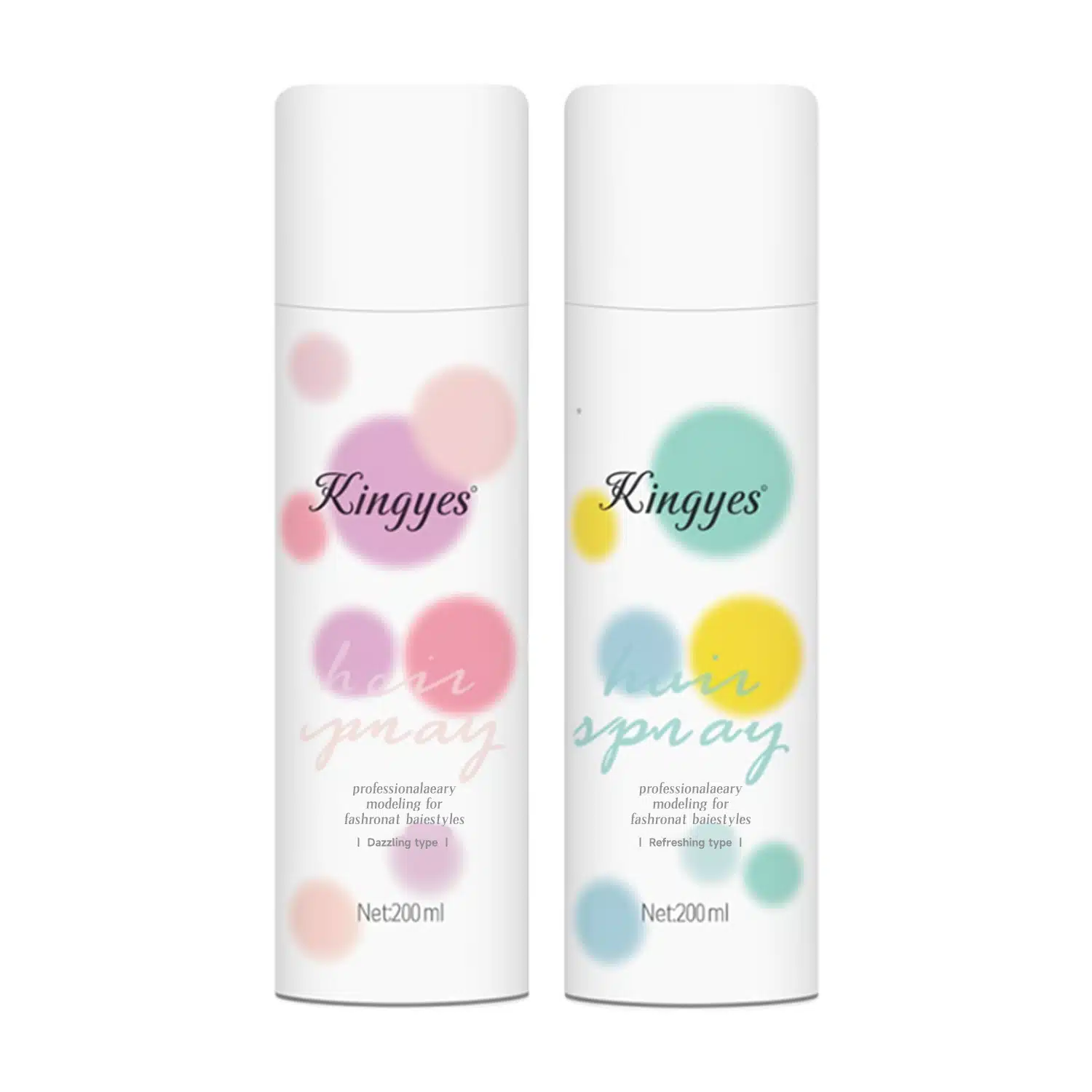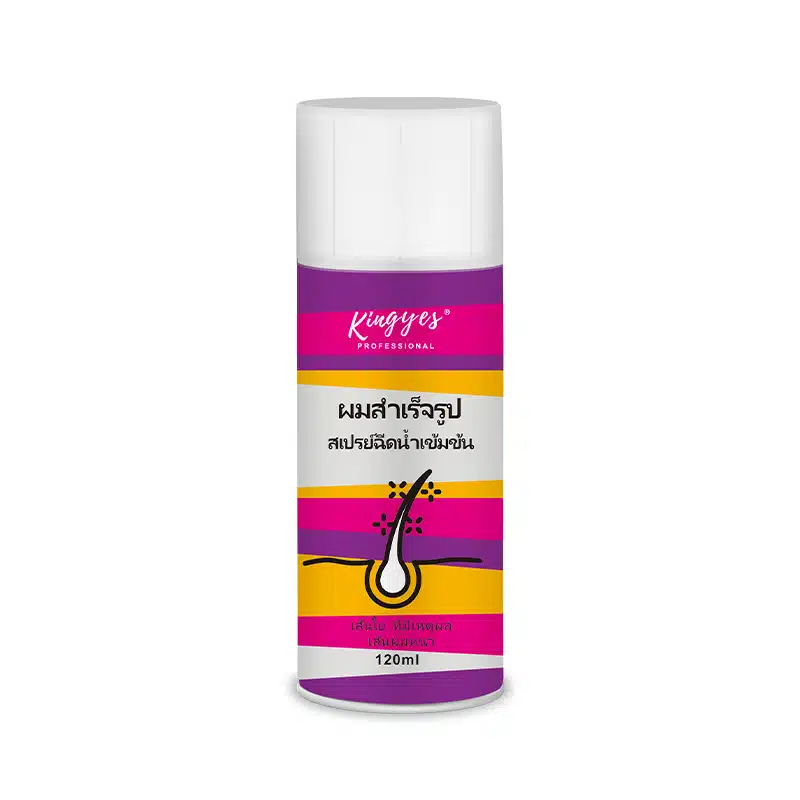
Is Selling Skincare Profitable?
Table of Contents
Unveiling the Truth: Is Selling Skincare Profitable?
Dreaming of launching your own skincare brand and wondering, “Is selling skincare profitable?” The beauty industry is booming, and skin care is a major player. But is it a lucrative venture for aspiring entrepreneurs? This comprehensive guide delves into the profitability of the skincare market, with a particular focus on the private label model. We’ll explore the factors that influence success, from profit margins and product development to marketing strategies and building a loyal customer base. We’ll show you that starting a skin care line is a viable way to enter this profitable market and whether you want to start a skincare business as a side hustle or a full-time career.
The Skincare Industry: A Booming Market
The skincare industry is a multi-billion dollar global market, and it’s showing no signs of slowing down. Consumers are increasingly invested in their skin care routines, seeking out products that address specific concerns, from anti-aging and hydration to acne treatment and hyperpigmentation. This growing demand creates a fertile ground for new skincare brands to emerge and thrive. The industry offers many avenues for people who want to start a skincare line.
Several factors contribute to the skincare market‘s continued growth:
- Increased Awareness of Skin Care: Consumers are more educated than ever about ingredients, formulations, and the importance of sun protection and overall skin health.
- Social Media Influence: Beauty influencers and social media platforms play a significant role in driving trends and product discovery.
- Rise of Natural and Organic Products: Consumers are increasingly seeking out skin care products made with natural, organic, and sustainable ingredients.
- Personalization: There’s a growing demand for customized skincare solutions tailored to individual skin types and concerns.
This dynamic market presents a significant opportunity for entrepreneurs selling skincare products. Many skin care entrepreneurs are finding success in this dynamic market. It is a good business to start and to see growth.
Why Private Label is a Popular Choice for Skincare Entrepreneurs
Private label has become a popular route for aspiring skincare entrepreneurs, and for good reason. Private label involves partnering with a manufacturer who produces skincare products under your brand name. You don’t have to formulate the products yourself; instead, you choose from pre-existing formulations (or customize them to a certain extent) and focus on branding, marketing, and sales.
Here’s why private label is an attractive option:
- Lower Startup Costs: Developing your own skincare formulations from scratch can be incredibly expensive and time-consuming, requiring extensive research, testing, and regulatory compliance. Private label significantly reduces these initial costs. Products are pre-formulated which saves time and cost.
- Faster Time to Market: With private label, you can launch your skincare brand much faster than if you were developing your own formulas. The private label manufacturers have done much of the work for you.
- Focus on Branding and Marketing: Private label allows you to concentrate on building your brand identity, creating compelling marketing campaigns, and connecting with your target audience.
- Scalability: Private label makes it easier to scale your business as you grow. You can easily increase your production volume without having to invest in your own manufacturing facilities. Many successful businesses grow because of private label skin care.
- Flexibility: The private label model offers flexibility for growth and caters to your business needs.
Private label isn’t without its considerations. You have less control over the formulations, and you’re reliant on the manufacturer’s quality and reliability. Choosing a reputable and experienced private label partner is crucial.
Understanding Profit Margins in the Skincare Business
Profit margins in the skincare industry can be quite attractive, often ranging from 40% to 80% or even higher, depending on various factors such as:
- Product Type: Certain skincare products, like serums and specialized treatments, tend to have higher profit margins than basic cleansers or moisturizers.
- Ingredients: Using high-quality, premium ingredients can increase your production cost but also allow you to command a higher price point.
- Branding and Positioning: A strong brand identity and premium positioning can justify higher prices and wider profit margins.
- Sales Channel: Selling directly to consumers (e.g., through your own online store) typically yields higher margins than selling wholesale to retailers.
- Production Volume: Larger production runs usually result in lower per-unit costs, increasing profit margins.
- Cost management: Efficiently managing costs across all aspects of the business contributes to higher profitability.
While the potential for high profit margins is appealing, it’s essential to have a realistic understanding of your costs and pricing strategy. You need to factor in not just the production cost of the private label products but also expenses like marketing, packaging, shipping, and overhead. Also, understanding the current market trends and consumer preferences is vital.
Product Development: Creating a Winning Skincare Line
Even with private label, where the formulations are pre-existing, thoughtful product development is key to creating a successful skincare line. Here’s what to consider:
- Identify Your Target Audience: Who are you selling to? What are their skin care needs, concerns, and preferences? Defining your target audience will guide your product selection and marketing efforts.
- Choose Your Niche: The skincare market is vast. Consider specializing in a particular niche, such as anti-aging for mature skin, acne solutions for teenagers, or organic products for sensitive skin. This will make your skincare brand stand out.
- Select Your Product Line: Start with a focused product line of 3-5 core products that complement each other and address your target audience’s needs. You can always expand your line later. Start with a specialized product, something that is a little different from what’s out there.
- Customize (If Possible): While private label products are already formulated, many manufacturers offer customization options, such as adding specific ingredients, choosing your packaging, or adjusting the fragrance.
- Quality Control: Ensure your chosen manufacturer adheres to high-quality standards and provides thorough testing and documentation. Ensure that all products meet safety and regulatory standards.
- Final Product Testing: Conduct thorough testing of your products before launch.
By carefully curating your product line and focusing on quality and differentiation, you can increase your chances of success in the competitive skincare market. Success in private label skincare is more likely when care is given to product development.
Marketing and Branding: Making Your Skincare Brand Stand Out
In the crowded skincare space, effective marketing and branding are essential for attracting customers and building a successful business. Here are some key strategies:
- Develop a Strong Brand Identity: Define your brand’s values, personality, and unique selling proposition (USP). What makes your skincare brand different? What problem are you solving for your customers? Make sure your brand stands out.
- Create a Memorable Brand Name and Logo: Your brand name and logo should be memorable, visually appealing, and reflective of your brand identity.
- Build a Professional Website: Your website is your online storefront. It should be user-friendly, visually appealing, and optimized for conversions. This will be the hub for your skincare business.
- Utilize Social Media: Social media platforms like Instagram, Facebook, and TikTok are powerful tools for reaching your target audience, building brand awareness, and driving sales.
- Content Marketing: Create valuable content, such as blog posts, videos, and tutorials, that educates and engages your audience. This can include skin care tips, ingredient spotlights, and behind-the-scenes glimpses of your brand.
- Influencer Marketing: Collaborate with beauty influencers who align with your brand to reach a wider audience and build credibility.
- Email Marketing: Build an email list to nurture leads, promote new products, and offer exclusive deals to your subscribers.
- *Develop a Brand Story: A compelling brand story helps customers connect with your brand on a personal level, fostering brand loyalty*.
Marketing strategies need to focus on communicating your brand’s unique value proposition and building a connection with your target audience.
Building a Loyal Customer Base for Long-Term Skincare Success
Acquiring customers is important, but retaining them is crucial for long-term skincare business success. A loyal customer base provides repeat business, positive word-of-mouth referrals, and valuable feedback. Here are some tips for building customer loyalty:
- Provide Excellent Customer Service: Respond promptly to inquiries, address concerns effectively, and go the extra mile to exceed customer expectations.
- Offer Personalized Experiences: Tailor your communications and product recommendations to individual customer needs and preferences.
- Build a Community: Create a sense of community around your brand through social media groups, forums, or loyalty programs.
- Reward Loyalty: Offer exclusive discounts, early access to new products, or other perks to your loyal customers.
- Gather Feedback: Regularly solicit feedback from your customers to understand their needs and improve your products and services.
- Regularly Restock: Keep track of customer orders and purchasing patterns.
Building a strong relationship with your customers is an ongoing process. By consistently providing value, exceeding expectations, and fostering a sense of community, you can cultivate a loyal customer base that will support your skincare brand for years to come. It is also good to regularly check that there are no concerns of product recalls from your supplier.
Costs and Investments: What to Expect When Starting a Skincare Business
Starting a skincare business, even with the private label model, requires some initial investment. Here’s a breakdown of potential costs:
- Samples: Ordering samples from private label manufacturers to test formulations and packaging.
- Minimum Order Quantities (MOQs): Private label manufacturers typically have minimum order quantities for each product. This means you’ll need to purchase a certain number of units upfront.
- Packaging and Labeling: Designing and printing labels and sourcing packaging for your products.
- Website Development: Creating a professional website, including e-commerce functionality.
- Marketing and Advertising: Budgeting for social media advertising, influencer marketing, and other promotional activities.
- Business Licenses and Permits: Depending on your location, you may need to pay for various business licenses and permits.
- Insurance: Obtaining product liability insurance and other relevant business insurance.
- Inventory Storage: If you’re not using a fulfillment center, you’ll need to factor in the cost of storing your inventory.
- Incorporating your Business: You might consider incorporating your business to protect your personal assets.
Budgets can start as low as a few thousand dollars for a small-scale private label skincare business and scale up significantly depending on the scope of your operation, the complexity of your products, and your marketing spend. You might want to start a skincare line with very little money online, and that is a great start.
Navigating Challenges and Risks in the Skincare Market
The skincare market, while lucrative, is also competitive and presents certain challenges and risks:
- Competition: The skincare market is crowded, with many established brands and new entrants vying for market share.
- Changing Trends: Skincare trends can evolve rapidly. Staying ahead of the curve and adapting to changing consumer preferences is crucial.
- Regulatory Compliance: Skincare products, particularly those considered cosmetics, are subject to regulations regarding ingredients, labeling, and claims.
- Product Liability: There’s always a risk that a customer could have an adverse reaction to your product, leading to potential legal liability. Product liability insurance is essential.
- Counterfeit Products: Counterfeit skincare products are a growing concern, particularly online. Protecting your brand and ensuring the authenticity of your products is important.
- Supply Chain Issues: Be prepared for potential disruptions to the supply chain.
Being aware of these challenges and proactively addressing them is essential for building a resilient and successful skincare brand.
Case Studies: Successful Skincare Brands and Their Strategies
Let’s look at some examples of successful skincare brands and their strategies. These are not necessarily private label brands, but they can provide valuable insights:
- The Ordinary: This brand disrupted the skincare market by offering high-quality, single-ingredient formulations at affordable prices. Their transparency and focus on education resonated with consumers.
- Glossier: Glossier built a cult following by creating a strong brand identity, focusing on community engagement, and leveraging social media effectively.
- Drunk Elephant: This brand emphasizes “clean” ingredients and a focus on skin health. Their distinctive packaging and marketing have helped them stand out.
- CeraVe: CeraVe, developed with dermatologists, offers affordable, effective skincare solutions for a wide range of skin types. Their focus on science-backed formulations and accessible pricing has contributed to their success.
These brands, though diverse in their approaches, share common threads:
- Strong Brand Identity: They have a clear and consistent brand identity that resonates with their target audience.
- Focus on Customer Needs: They address specific skin care concerns and offer effective solutions.
- Effective Marketing: They utilize various marketing channels to reach their target audience and build brand awareness.
- High-Quality Products: They prioritize product quality and efficacy.
The Future of Skincare: Trends and Opportunities
The future of the skincare industry looks bright with many growth opportunities.
The skincare market is constantly evolving. Here are some key trends and opportunities to watch:
- Personalized Skincare: Expect to see more customized skincare solutions tailored to individual needs and genetic profiles.
- Sustainability: Consumers are increasingly demanding sustainable and eco-friendly skincare products, from packaging to ingredients.
- Technological Advancements: Expect more innovative product formulations, delivery systems, and diagnostic tools.
- Inclusivity: The skincare industry is becoming more inclusive, with brands catering to a wider range of skin types, tones, and concerns.
- Male Skincare: The men’s skincare market is growing rapidly, presenting a significant opportunity for new brands. Help men and women with their skin concerns.
- At-Home Devices: Expect to see more sophisticated at-home skincare devices that mimic professional treatments.
Staying informed about these trends and adapting your business accordingly will be crucial for long-term success in the skincare market. A lot of beauty brand owners are keeping an eye on these trends.
Table of Potential Startup Costs
| Expense Category | Estimated Cost Range (USD) | Notes |
|---|---|---|
| Samples | $100 – $500+ | Depends on the number of products and suppliers. |
| Minimum Order Quantities | $500 – $5,000+ | Varies significantly depending on the manufacturer and product type. |
| Packaging & Labeling | $200 – $2,000+ | Depends on the complexity of design and materials. |
| Website Development | $0 – $5,000+ | Can range from DIY platforms to custom-designed e-commerce sites. |
| Marketing & Advertising | $100 – $10,000+ | Highly variable, depends on your strategy and budget. |
| Business Licenses/Permits | $50 – $500+ | Varies depending on your location and business type. |
| Insurance | $500 – $2,000+ per year | Product liability insurance is essential. |
| Inventory Storage | $0 – $1,000+ per month | Depends on storage needs (home storage vs. warehouse). |
| Total Estimated Startup | $1,550 – $20,000+ | This is a broad estimate and can vary significantly. |
Table of Skincare Niches
| Niche | Target Audience | Product Examples |
|---|---|---|
| Anti-Aging | Mature skin (35+) | Retinol serums, wrinkle creams, collagen boosters |
| Acne Treatment | Teenagers and adults with acne-prone skin | Salicylic acid cleansers, benzoyl peroxide spot treatments, oil-free moisturizers |
| Sensitive Skin | Individuals with easily irritated or reactive skin | Fragrance-free cleansers, gentle moisturizers, soothing serums |
| Hyperpigmentation | Individuals with dark spots, uneven skin tone | Vitamin C serums, brightening creams, exfoliating acids |
| Organic/Natural | Consumers seeking natural and sustainable products | Plant-based cleansers, organic oils, botanical extracts |
| Men’s Skincare | Men | Cleansers, moisturizers, shaving products, beard oils |
| Dry Skin | Individuals with dry, flaky skin | Hydrating serums, rich moisturizers, facial oils |
| Oily/Combination Skin | Individuals with oily or combination skin | Oil-free cleansers, mattifying moisturizers, clay masks |
| Vegan Skincare | Consumers seeking vegan and cruelty-free products | Plant-based formulations, no animal-derived ingredients |
| K-Beauty (Korean Beauty) | Individuals interested in Korean skincare routines | Sheet masks, essences, toners, multi-step routine products |
| Luxury Skincare | High-end consumers | Premium ingredients, sophisticated packaging, advanced formulations |
10 Key Things to Remember for Skincare Business Profitability
- The skincare industry is a large and growing market, offering significant opportunities for entrepreneurs.
- Private label can be a cost-effective and efficient way to launch a skincare brand.
- Profit margins in skincare can be high, but careful planning and cost management are essential.
- Thorough product development, even with private label, is crucial for success.
- Effective marketing and branding are vital for standing out in the competitive skincare market.
- Building a loyal customer base is key to long-term profitability and sustainability.
- Be prepared for startup costs, including samples, MOQs, packaging, marketing, and insurance.
- Understand and comply with all relevant regulations, including labeling requirements and business licenses.
- Stay informed about skincare trends and adapt your business accordingly.
- Focus on providing high-quality products, excellent customer service, and a unique brand identity.
Comments

Does Hair Dye Have To Be FDA Approved?
Coloring your hair can be a fun way to change your look, but have you ever wondered about the safety of hair dye?
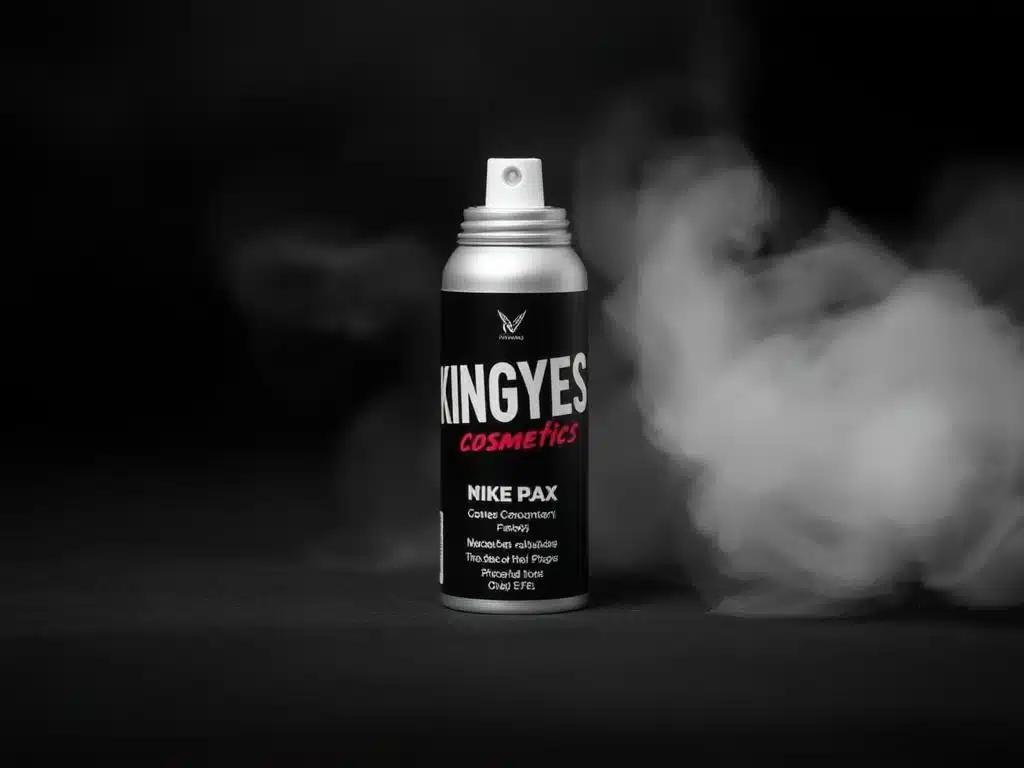
How To Sell Cosmetics On Ozon?
Ozon, often dubbed the “Amazon of Russia,” is a rapidly growing e-commerce marketplace presenting a significant opportunity for businesses looking to tap into the vast Russian market.

Is Sunscreen Spray Better Than Sunscreen?
Ever wondered if spray sunscreen is better than lotion sunscreen?
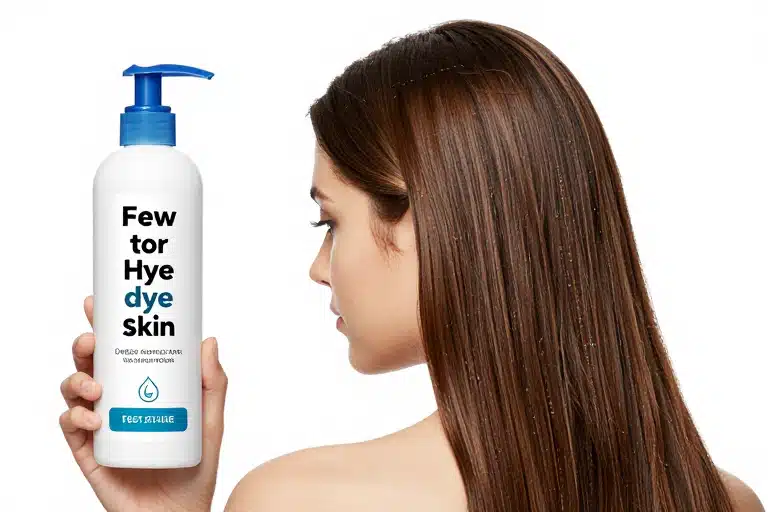
How to Remove Hair Dye from Skin: Fast, Safe to Fix Stains
Are you stuck with hair dye on your skin?
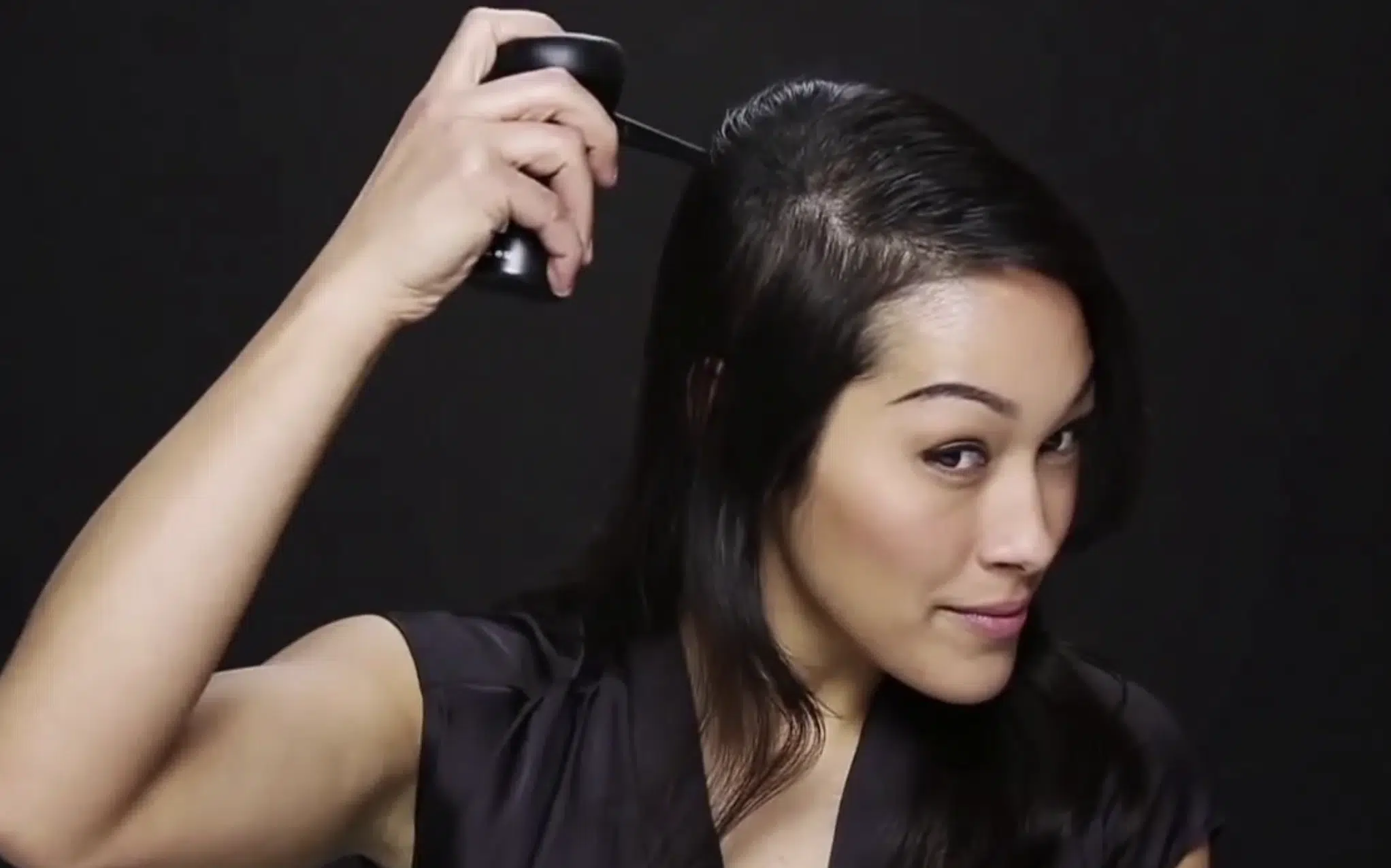
What Does Hair Fiber Spray Do?
Hair fiber spray has revolutionized the way people deal with thinning hair and bald spots.
- +86 151 1839 7303
- [email protected]
- Mon-Sun 07:00-23:00
Tags

How to Choose a Reliable Cosmetic OEM Manufacturer in China?
How to Pick a Good Makeup Maker in China: A Guide for You.
You possess a concept.
A new face cream. A new hair spray. A new nail color.

How to Get Hair Dye Off Skin: The Only Guide You Need
Picture this.
You just dyed your hair. You used a new color. It looks great. Your hair shines. You feel happy. You feel like a new person.

How Often Should You Wash Your Hair? The Ultimate Guide
The alarm rings.
You wake up. You stretch. You walk to the mirror.
You look at your hair.

